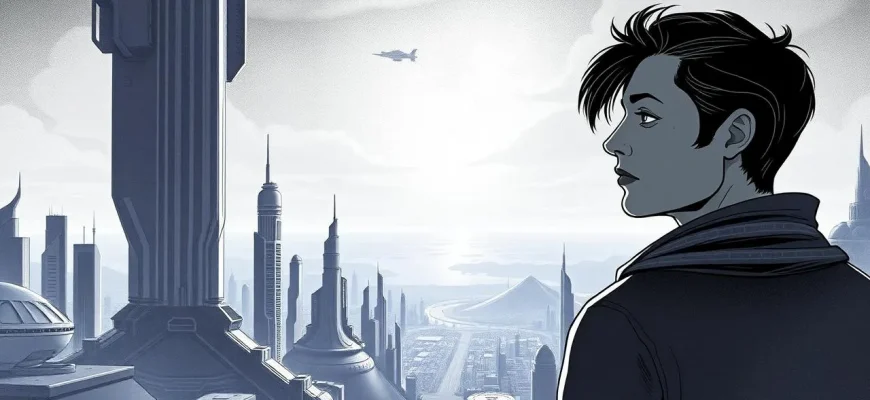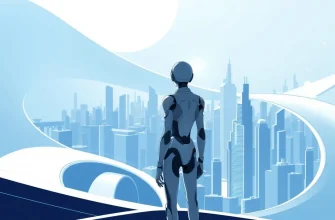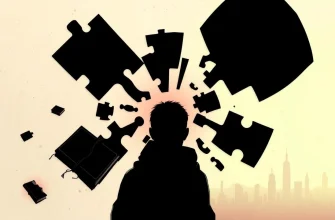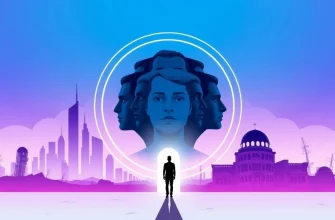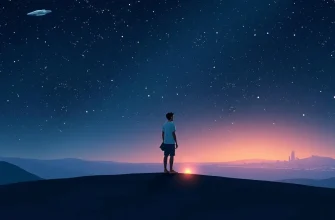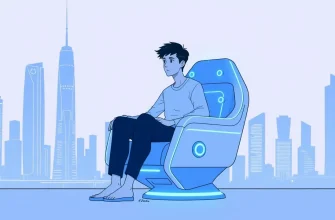Science fiction often serves as a mirror to our deepest fears and hopes, and few themes are as universally resonant as depression. This curated list of 10 sci-fi films explores the complexities of mental health through futuristic settings, alien worlds, and dystopian societies. Each film provides a unique perspective on depression, offering not just entertainment but also a deeper understanding of human emotions and resilience. Whether you're looking for solace, insight, or just a compelling narrative, these films are a journey through the mind's darkest corners.

Dark City (1998)
Description: John Murdoch's quest for identity in a city where memories are manipulated touches on themes of existential despair and the search for self.
Fact: The film was initially a box office disappointment but has since gained a cult following for its unique visual style and philosophical depth.
 Watch Now
Watch Now 
The Matrix (1999)
Description: While not explicitly about depression, the film's themes of existential dread, the search for meaning, and the illusion of reality resonate deeply with those experiencing depression.
Fact: The Wachowskis drew inspiration from various philosophical texts, including Jean Baudrillard's "Simulacra and Simulation."
 Watch Now
Watch Now 
Waking Life (2001)
Description: This animated film explores existential questions and the nature of reality through dream-like sequences, touching on themes of depression and the search for purpose.
Fact: The film was shot using a technique called rotoscoping, where live-action footage is traced over to create an animated effect.
 Watch Now
Watch Now 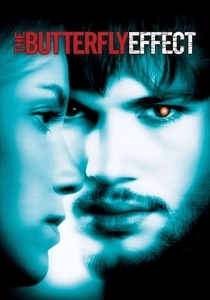
The Butterfly Effect (2004)
Description: The protagonist's ability to change the past to alter the present leads to a cycle of despair and depression as he tries to fix his life and those around him.
Fact: The film's ending was changed for the theatrical release after negative reactions from test audiences.
 Watch Now
Watch Now 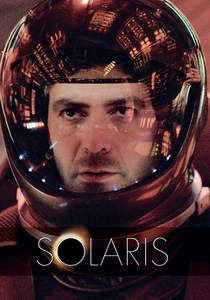
Solaris (2002)
Description: Steven Soderbergh's remake delves into the psychological effects of isolation and the haunting memories of lost loved ones, reflecting themes of depression.
Fact: The film is a remake of the 1972 Soviet film by Andrei Tarkovsky, which was itself based on Stanislaw Lem's novel.
 Watch Now
Watch Now 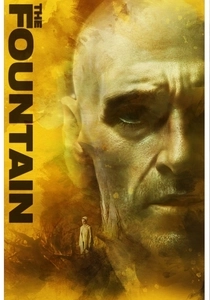
The Fountain (2006)
Description: This film weaves together three stories across time, exploring themes of love, loss, and the human struggle with mortality and depression.
Fact: Darren Aronofsky wrote the screenplay in 2000, but it took six years to bring the film to the screen due to financial and creative challenges.
 Watch Now
Watch Now 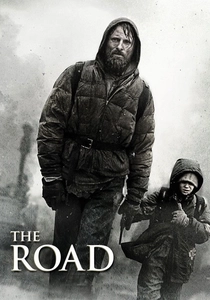
The Road (2009)
Description: This post-apocalyptic journey of a father and son through a desolate world reflects themes of despair, survival, and the human spirit's resilience against overwhelming odds.
Fact: The film is based on Cormac McCarthy's Pulitzer Prize-winning novel, and its bleak setting was shot in various locations including Pennsylvania and Louisiana.
 Watch Now
Watch Now 
Moon (2009)
Description: Sam Bell's isolation on the moon leads to introspection and a confrontation with his own identity, touching on themes of loneliness and mental health.
Fact: Duncan Jones, the director, is the son of David Bowie, who provided the film's score.
 Watch Now
Watch Now 
Melancholia (2011)
Description: Lars von Trier's film intertwines the end of the world with the personal depression of its protagonist, Justine, as she navigates her wedding day and the impending collision of a rogue planet with Earth.
Fact: The film was inspired by von Trier's own experiences with depression, and it features a stunning visual representation of the planet Melancholia.
 Watch Now
Watch Now 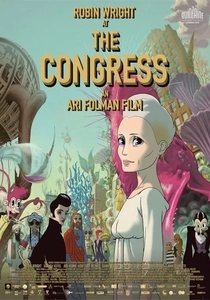
The Congress (2013)
Description: Robin Wright plays a version of herself in a future where actors sell their digital likenesses, leading to an exploration of identity, reality, and mental health.
Fact: The film blends live-action with animation, reflecting the theme of blurring lines between reality and fiction.
 Watch Now
Watch Now 
